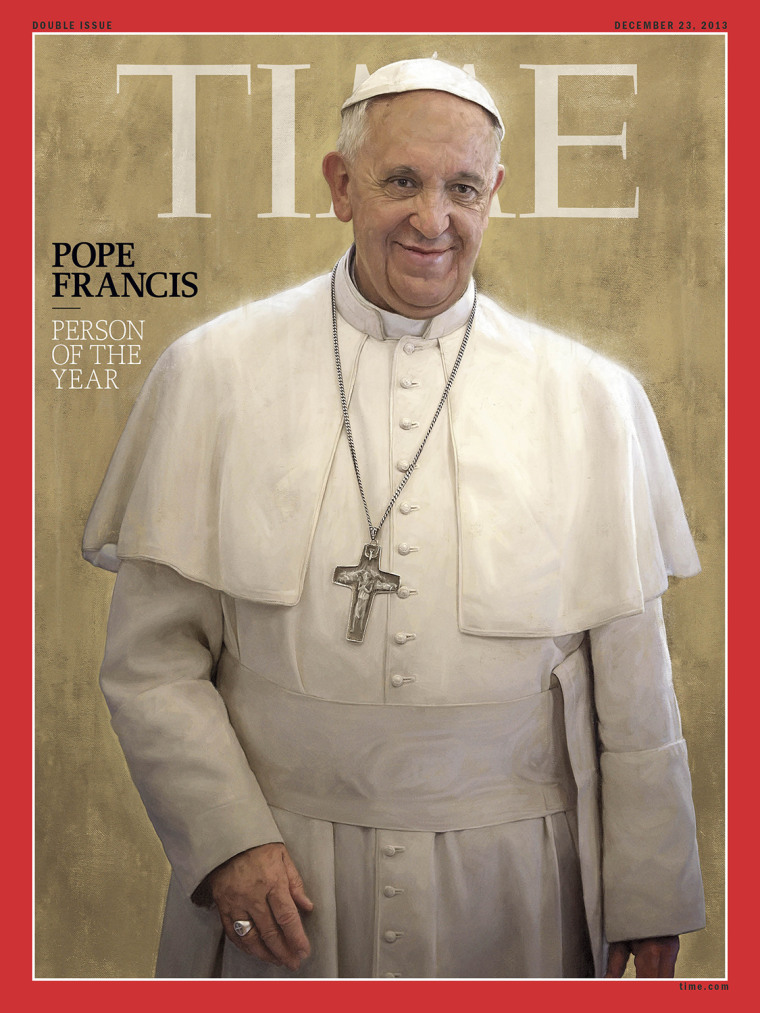As the world reflects on the legacy of Pope Francis, it is important to delve into the history of his papacy and understand the context in which he served. Before Pope Francis, there was another remarkable pontiff whose tenure left an indelible mark on the Catholic Church. This article explores who that pope was and examines the unique circumstances surrounding his resignation.
Pope Benedict XVI, the man who preceded Pope Francis, remains a significant figure in modern Catholic history. His decision to step down from the papacy marked the first time in nearly 600 years that a pope had voluntarily resigned. As we explore his life and legacy, we gain insight into the challenges faced by the Church during his time and how these shaped the path forward for future popes.
The Legacy of Pope Benedict XVI
Pope Benedict XVI, born Joseph Aloisius Ratzinger, ascended to the papal throne on April 19, 2005, following the death of Pope John Paul II. His pontificate was characterized by a deep commitment to theological scholarship and a desire to reconnect with the Church's traditional roots. During his reign, Benedict XVI focused on addressing issues such as secularism and the decline of religious faith in Europe, emphasizing the importance of returning to the core teachings of Christianity.
Benedict XVI's approach was often seen as more conservative compared to his predecessor, yet he remained deeply engaged with contemporary global issues. He actively promoted interfaith dialogue and worked towards fostering greater understanding between different religious communities. His encyclicals, particularly Deus Caritas Est (God is Love) and Spe Salvi (Saved by Hope), highlighted themes of love, hope, and redemption, resonating with Catholics worldwide.
In addition to his theological contributions, Benedict XVI also addressed pressing social concerns, including poverty, climate change, and human rights. His efforts to modernize Vatican communications and engage with new media platforms demonstrated his willingness to adapt to changing times while maintaining the Church's timeless values.
A Unique Decision: The Resignation of Benedict XVI
On February 11, 2013, Pope Benedict XVI made the historic announcement that he would resign from his position due to health reasons and the demands of the papacy. This unprecedented move came as a surprise to many within and outside the Church, marking a pivotal moment in Catholic history. By stepping aside, Benedict XVI set a precedent for future popes, showing that leadership can be relinquished when necessary for the good of the Church.
His resignation paved the way for the election of Pope Francis, whose papacy has been defined by its emphasis on mercy, humility, and outreach to marginalized communities. While some critics viewed Benedict XVI's departure as a sign of weakness, supporters argued that it reflected his profound sense of responsibility and selflessness. In doing so, he ensured a smooth transition of power and allowed the Church to continue its mission without interruption.
After retiring, Benedict XVI chose to live a life of prayer and reflection at the Mater Ecclesiae Monastery within Vatican City. Despite stepping back from public duties, he remained an influential voice within the Church, offering guidance and wisdom to those seeking his counsel. His presence continues to inspire Catholics around the world, reminding them of the enduring power of faith and service.
The Election of Pope Francis
Following the resignation of Pope Benedict XVI, the College of Cardinals convened in March 2013 to elect a new pope. After five ballots, Cardinal Jorge Mario Bergoglio of Argentina emerged as the chosen candidate, becoming the first pope from the Americas and the first Jesuit to hold the office. Known for his simplicity and compassion, Pope Francis quickly captured the hearts of millions with his humble demeanor and inclusive message.
From the outset, Pope Francis emphasized the need for reform within the Church, advocating for greater transparency and accountability. He challenged long-standing practices and encouraged open dialogue about sensitive topics such as clergy abuse and financial mismanagement. Under his leadership, the Vatican underwent significant changes aimed at aligning its operations with modern standards of governance and ethics.
Pope Francis' commitment to social justice and environmental stewardship has earned him widespread admiration beyond the Catholic community. Through initiatives like the encyclical Laudato Si' (Praise Be to You), he called attention to urgent ecological challenges and urged humanity to act responsibly toward creation. His vision of a Church that is poor and for the poor resonates deeply with people of all backgrounds, reinforcing the universal appeal of his message.

